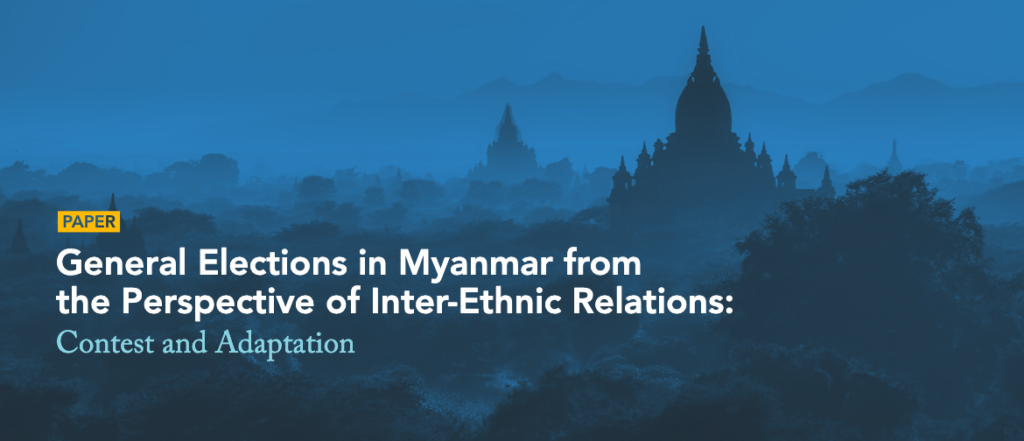Myanmar is still a country full of political crisis and ethnic conflict. The latter is the main factor hindering its political development. In the period of feudal dynasties, the Bamar and ethnic minorities fought against each other and established states dominated by the Bamar several times.
The British, after it colonized Myanmar, implemented the policy of divide and rule. With this policy, it divided Myanmar into two independent political entities, namely “Burma Proper” and “the Frontier”1 , resulting in the estrangement between the Bamar and the ethnic minorities. After independence, successive Myanmar governments have carried out the policy of Burmese Chauvinism, which led to increasingly fierce ethnic conflicts in Myanmar. Some ethnic minorities turned to armed struggle and organized their own military forces to resist the rule of the central government. The war continues to this day. This is the main line of ethnic relations in modern and contemporary Myanmar and the focus of scholars studying Myanmar.
(Read the full paper at the link above)
This paper was originally published in Chinese in Issue 4 of 《世界民族》[World Ethno-national Studies] in 2019. It was translated and posted with permission from the author.
Zhu Xianghui is Associate Research Fellow at the Myanmar Research Institute & Center for China’s Neighboring Diplomacy Studies, Yunnan University, China.This paper was originally published in Chinese. It was translated and posted with permission from the author.Zhu Xianghui is Associate Research Fellow at the Myanmar Research Institute & Center for China’s Neighboring Diplomacy Studies, Yunnan University, China.

